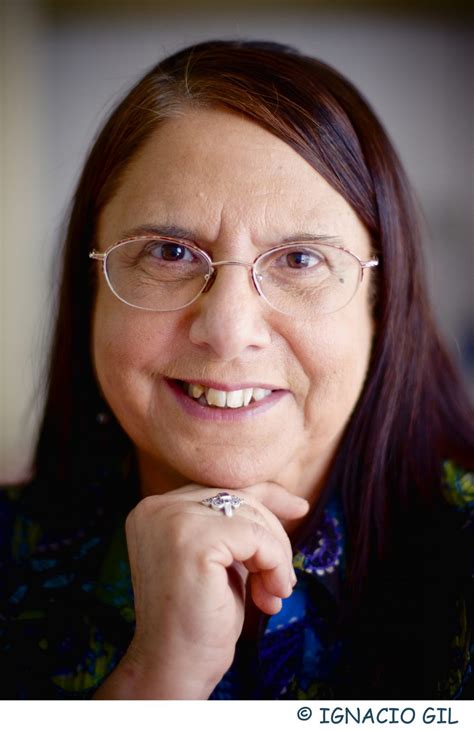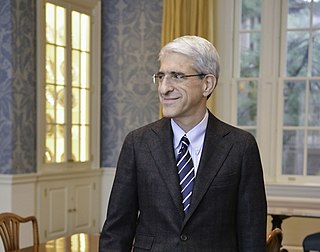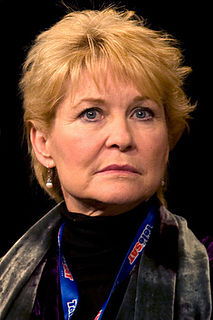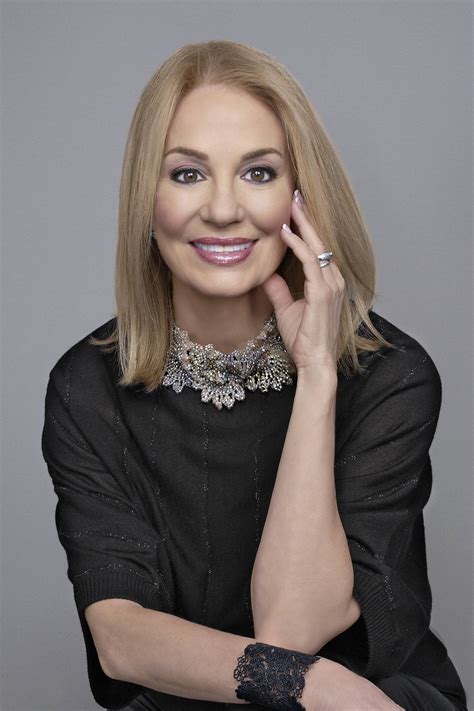A Quote by Daniel Goleman
Teachers need to be comfortable talking about feelings. This is part of teaching emotional literacy - a set of skills we can all develop, including the ability to read, understand, and respond appropriately to one's own emotions and the emotions of others.
Related Quotes
Emotional intelligence in the work that we do, in the Resolving Conflict Creatively Program, is about equipping young people with the kinds of skills they need to both identify and manage their emotions, to communicate those emotions effectively, and to resolve conflict nonviolently. So it's a whole set of skills and competencies that, for us, fall under the umbrella of emotional intelligence.
In an age of enormities, the emotions are naturally weakened. We are continually called upon to have feelings - about genocide, for instance, or about famine or the blowing up of passenger planes - and we are all aware that we are incapable of reacting appropriately. A guilty consciousness of emotional inadequacy or impotence makes people doubt their own human weight.
I've been a teacher all my life. I've had my own dance studio, my own acting studio for 18 years out here... I'm just a natural teacher. I teach on all my healing work now. I think actors teach any time they work anyway. We're teaching emotions, we're teaching how to deal with emotions, we're teaching how to get around issues and deal with them. Actors are some of the best teachers in the world, because they're teaching you through entertainment, and you don't know you're getting a message.
Emotional Literacy means being able to recognise what you are feeling, so that it doesn't interfere with thinking. It becomes another dimension to draw upon when making decisions or encountering situations. Emotional expression by contrast can mean being driven by emotions, so that it isn't possible to think. These two things are often confused, because we are still uncomfortable with the idea of the validity of feelings.
The mechanism of primary emotions does not describe the full range of emotional behaviors. They are, to be sure, the basic mechanism. However, I believe that in terms of an individual's development they are followed by mechanisms of secondary emotions, which occur once we begin experiencing feelings and forming systematic connections between categories of objects and situations, on the one hand, and primary emotions, on the other.


































